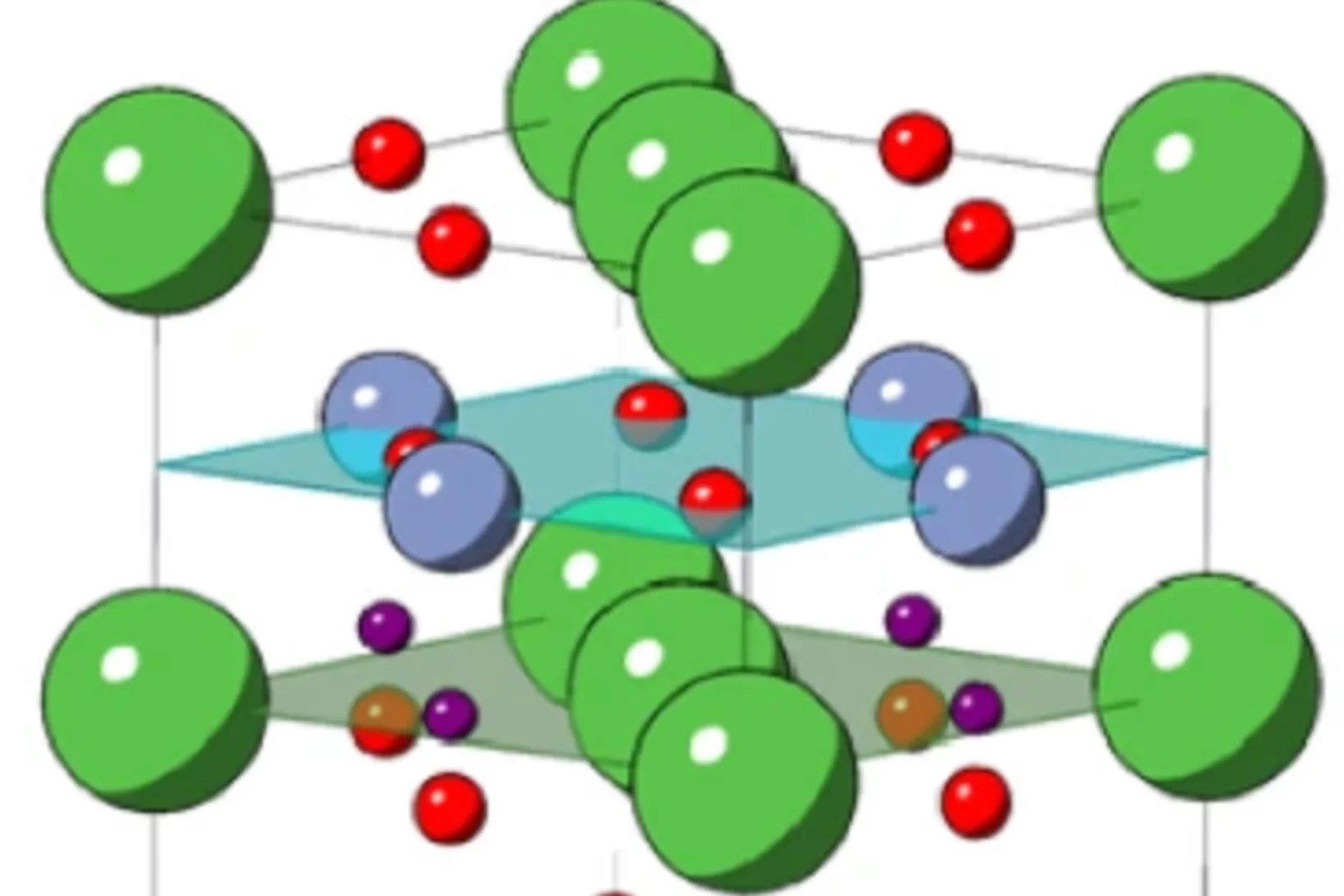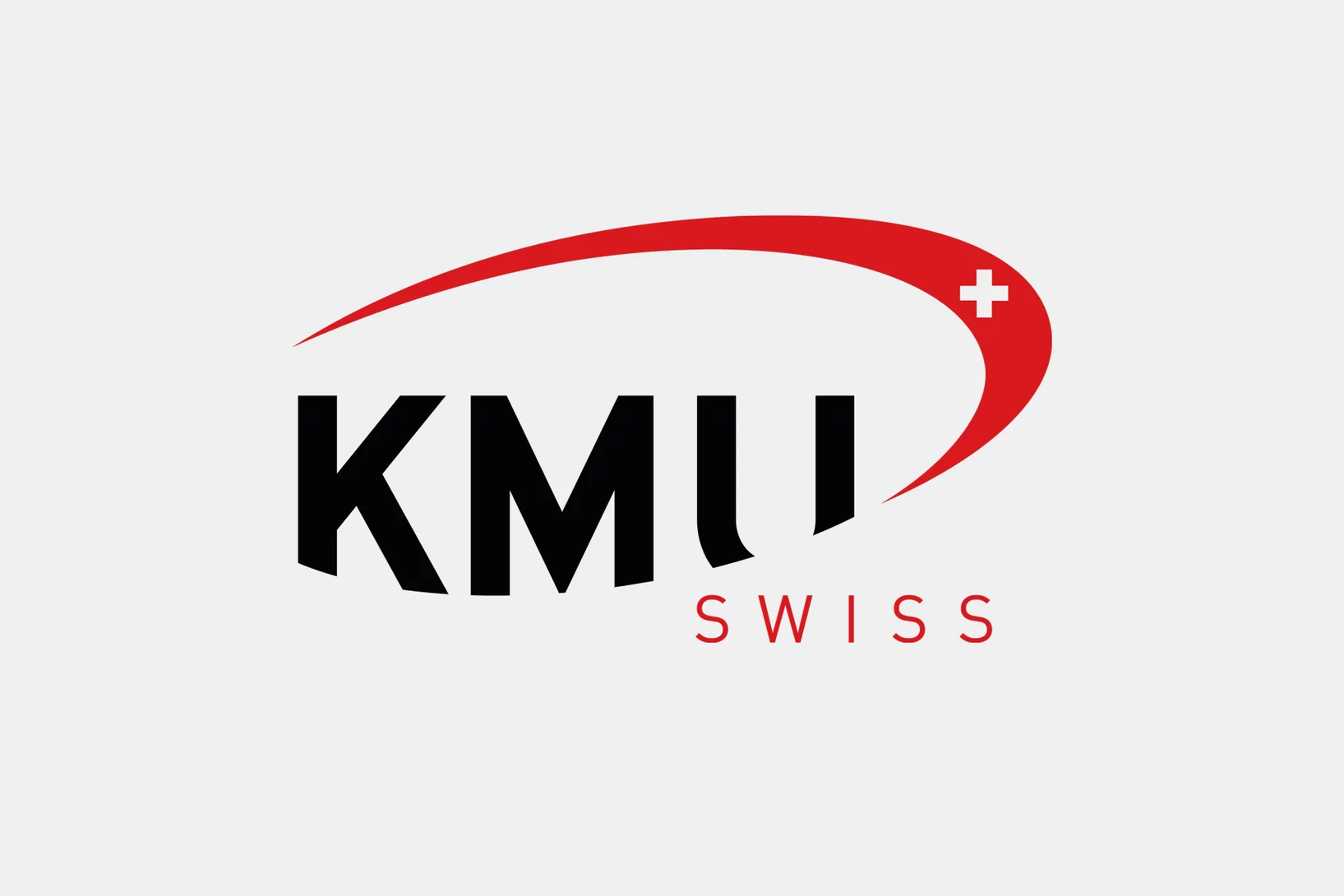The energy research performed at PSI focuses on processes that can be used in sustainable and safer technologies, ideally with minimal CO2 emissions. The main emphasis is on renewable energy sources. The ESI (Energy System Integration) platform enables research and industry to test solutions for integrating renewables into the existing energy supply. Another focus in this area is the safer use of nuclear energy. These activities are supplemented by analyses giving a comprehensive assessment of energy systems. PSI scientists in the Energy and Environment division study the chemical processes that take place in the atmosphere.
Find out more at: Overview Energy and Climate
The Swiss Federal Interim Storage Facility
Learn how the PSI ensures the interim storage of radioactive waste from medicine, industry, and research (MIF) under controlled conditions.
Infrastructure
Immerse yourself in PSI's energy supply, marvel at the impressive facilities in the areas of electricity, water, cooling, and heating.
Radiopharmacy
Immerse yourself in the fascinating world of radiopharmacy at the Paul Scherrer Institute. Learn how radioactive substances are used in the diagnosis and treatment of serious illnesses such as cancer.
IT Science Retreat/AWI New Year's Event
The day started with the IT Science retreat for group leaders and was an enriching experience that fostered both professional growth and personal connections. It took place in the Kraftwerk location in Zurich.
LSM Christmas
A very special culinary experience awaited the LSM people in the Lemmon Fondue Chalet in Baden.
Key reaction steps in the simultaneous conversion of nitrous and nitric oxides on Fe-ZSM-5
After proposing the reaction mechanism of the N2O-NO-SCR reaction on Fe-FER, here we attempted at controlling the Fe speciation on ZSM-5 and at generalizing the result obtained on FER.
Berufswahlparcours am PSI
Berufswahl mit Begeisterung: Der neue Berufswahlparcours der PSI Berufsbildung
With pad, pencil, and algorithms
Physicist Dominik Sidler is developing fundamental theories for previously inexplicable phenomena.
SLS 2.0: How to start up a particle accelerator
The electrons are back: after its upgrade, the Swiss Light Source SLS is starting up again, step by step.
Prestigious funding for research at PSI
Concrete, chemical catalysis and the search for new physics – three PSI researchers have each received a grant from the Swiss National Science Foundation for these areas of research.
A new dimension of complexity for layered magnetic materials
X-rays reveal magnetic phenomena driven by interactions between the layers of a kagome ferromagnet
Pressure-enhanced splitting of density wave transitions in La3Ni2O7–δ
The observation of superconductivity in La3Ni2O7–δ under pressure, following the suppression of a high-temperature density wave state, has attracted considerable attention. The nature of this density wave order was not clearly identified. Here we probe the magnetic response of the zero-pressure phase of La3Ni2O7–δ as hydrostatic pressure is applied, and find that the apparent single density wave transition at zero applied pressure splits into two. The comparison of our muon-spin rotation ...
Outstanding Paper Award
A recent paper by the "Applied Materials Group" of the LNS and their coworkers received the "Outstanding Paper Award" of the journal "Materials and Structures".
Generation IV International Forum (GIF) in Switzerland | hosted by PSI/NES in April 2025
The GIF Technical Secretariat is pleased to inform of the upcoming EG-PG meetings from 7th to 11th April, 2025. This time the host is Switzerland, and the meetings will be organized by PSI's Center for Nuclear Engineering and Sciences.
Spring 2025 | 53rd Expert Group and 59th Policy Group meeting
www.gen-4.org
ReMade@ARI Call Announcement
ReMade@ARI is happy to announce its 5th call for proposals for 2025!
How botox enters our cells
Researchers at PSI have identified structural changes of the bacterial neurotoxin botox that are important for its uptake into nerve cells. This finding could allow a more targeted use of botox in medicine.
Mein Vortrag an der Vertragsunterzeichnung
Ein besonderer Moment – nicht nur für die Lernenden, sondern auch für mich
Spin-orbit control of antiferromagnetic domains without a Zeeman coupling
Encoding information in antiferromagnetic (AFM) domains is a promising solution for the ever growing demand in magnetic storage capacity. The absence of a macroscopic magnetization avoids crosstalk between different domain states, enabling ultrahigh density spintronics while being detrimental to the domain detection and manipulation. Disentangling these merits and disadvantages seemed so far unattainable. We report evidence ...
SwissFEL call for proposals II-25 is open now
The call for SwissFEL proposals II-25 is open.
PSI at the this year’s KMU Swiss Symposium!
On March 20, 2025, this year's KMU Swiss Symposium will take place in Baden – we are excited to announce that, once again, we will have a joint booth with the Hightech Zentrum Aargau!
New approaches to cancer treatment
The ETH/PHRT-funded clinical studies “RAPID 01” and “PROGNOSTICS” have successfully started recruiting patients.
Anne Flechsig receives the SVMT Prize 2025
On 24th January 2025, Anne Flechsig was awarded the prestigious SVMT Prize for her outstanding master's thesis on "Spatial Patterning of Structural and Transport Properties of Tungsten Thin Films".
Unique quantum simulator opens door to new research
PSI physicists have teamed up with Google to build a new type of digital-analogue quantum simulator.
Electronic Commensuration of a Spin Moiré Superlattice in a Layered Magnetic Semimetal
Spin moiré superlattices (SMSs) formed by interfacing conventional electronic states with a multi-q magnetic lattice have been proposed as a magnetic analog of crystallographic moiré systems. The electron-minibands created in an SMS are expected to be enriched by the vector-field nature of the magnetic interaction and offer new types of moiré tunability, topological protection, and Berry curvature effects. However, most spin-vortex-hosting systems discovered to date have carrier mean free paths lmfp significantly shorter than their spin-moiré lattice constant aspin, inhibiting mini-band-formation. Furthermore ...
Evolution of texture and residual stresses in 2205 duplex stainless steel during laser powder bed fusion
This study uses a custom-designed laser powder bed fusion machine, capable of operating in neutron instruments, to track metallic material evolution during additive manufacturing process. More specifically, it investigates the development of residual stresses in textured 2205 duplex stainless steel during laser powder bed fusion. In situ and operando neutron diffraction experiments were conducted to study the transient and real-time evolution of stresses and strains during processing, using an AM machine designed for neutron studies. Additionally, Bragg-edge imaging was employed to investigate the crystallographic texture. The results showed that residual stress redistribution primarily occurs in the first set of added layers when further layers are added on top. The cube texture observed in the sample significantly affects residual stress determination, leading to inaccuracies up to 96 MPa if not accounted for. This highlights the need for orientation-dependent diffraction elastic constants in residual stress calculations. Furthermore, variations in texture intensity across the sample dimensions were found to be driven by changes in the local temperature history, which were deciphered from real-time strain measurements. Finally, this study demonstrates the potential of combining laser powder bed fusion with neutron diffraction to investigate the underlying mechanisms of additive manufacturing in the bulk of the sample.
Anisotropic Skyrmion and Multi-q Spin Dynamics in Centrosymmetric Gd2PdSi3
Skyrmions are particlelike vortices of magnetization with nontrivial topology, which are usually stabilized by Dzyaloshinskii-Moriya interactions (DMI) in noncentrosymmetric bulk materials. Exceptions are centrosymmetric Gd- and Eu-based skyrmion-lattice (SL) hosts with zero DMI, where both the SL stabilization mechanisms and magnetic ground states remain controversial. We address these here by investigating both the static and dynamical spin properties ...
Texture and residual stress evolution during 3D printing
Discover how advanced neutron diffraction sheds light on the evolution of stress and texture in 3D-printed duplex stainless steel.
Die ersten drei Monate am PSI
Der Umstieg aus der Oberstufe in die Berufsschule und Lehre
Vertragsunterzeichnung 2025
Ein feierliches Ereignis für unsere zukünftigen Lernenden und Praktikantinnen
Erfolgreiche Förderung von 4 Projekten im Rahmen des ersten forME Calls
In einer ersten Antragsrunde zum Förderprogramm forME wurden sehr vielfältige und qualitativ hochwertige Projektideen eingereicht. Aufgrund der in der Ausschreibung formulierten Evaluationskriterien wurden vier vielversprechende Anträge ausgewählt, die nun im Rahmen des Förderprogramms Unterstützung für ihr Forschungsprojekt in der Form geschützter Forschungszeit erhalten.





























